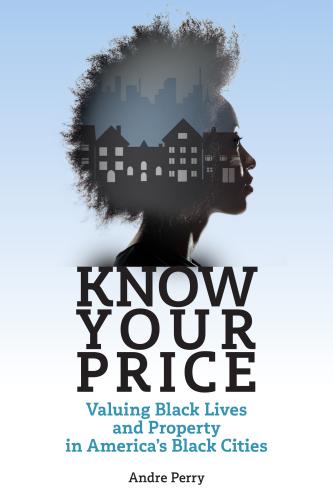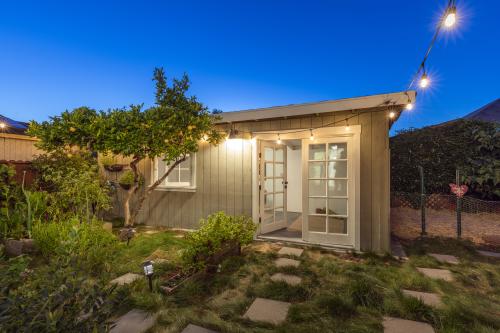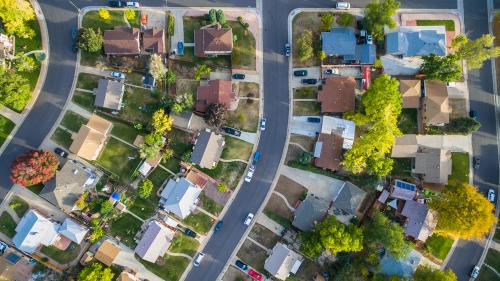The disgraceful, failed insurrection at the U.S. Capitol on January 6 made clear the consequences of our country’s history of white privilege: a threat to democracy itself. We must hold those individuals accountable, but we also must hold the biased policies that enabled them accountable, which requires those policies’ removal and replacement.
That work starts with the racist housing policies that have segregated neighborhoods, devalued lives, and eroded equal justice under the law—a foundational ideal on which our democracy rests. In that vein, Brookings and the Economic Architecture Project at Ashoka are launching a large-scale effort to foster a new generation of structural innovations to address systemic racism in the housing market.
According to Brookings research, homes in Black-majority neighborhoods are underpriced by a painful sum of $156 billion across the country. That figure was calculated after controlling for many of the excuses people give as to why home values are lower in Black communities, including lower-quality schools and higher crime rates.
There is no shortage of research demonstrating how racism limits Black Americans’ housing options in ways that lower the value of their homes. Racially restrictive housing covenants that prohibited Black people from buying homes in certain areas throughout the 20th century and racially biased redlining from the 1930s through the passage of the 1968 Fair Housing Act all resulted in lower levels of investment for Black neighborhoods than their white counterparts. Our housing data shows the need to shelve the narrative that home values in Black neighborhoods reflect the behaviors of the residents.
Many different policies and practices that were developed during those periods still exist. Racial bias in appraisals, lending practices, zoning, and real estate agent behavior—born of a segregated society—continue to put a drag on home values. But just as white supremacists built this architecture of inequality, we can undo it and replace it with systems that generate positive, equitable results.
Valuing Homes in Black-Majority Neighborhoods is a far-reaching Brookings-Ashoka effort to find solutions for housing devaluation. We will be mapping the most promising innovations from across the country and inviting participants to a collaborative challenge with up to $1 million of prize funds. We are looking for people who are proximate to the problem of home devaluation and have an innovative market- or policy-based innovation. If that is you, or if you’re interested in supporting change and offering your solutions to the problem, we want to hear from you.
In our work, we’ve often heard excuses to maintain the status quo: You can’t solve for racism. The price is what the market dictates. Or the not-so-subtle dig on Black people: That’s just how they are.
To those comments we say: There is nothing wrong with Black people that ending racism can’t solve.
Replacing racist policies is harder than replacing racist presidents. We can make that work easier by collectively creating policies that lead to a more inclusive society and a democracy where all voices have equal value.









Commentary
Dismantling white privilege starts with undoing racist housing policies
January 14, 2021